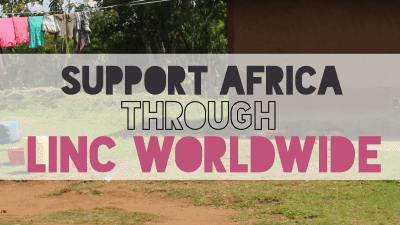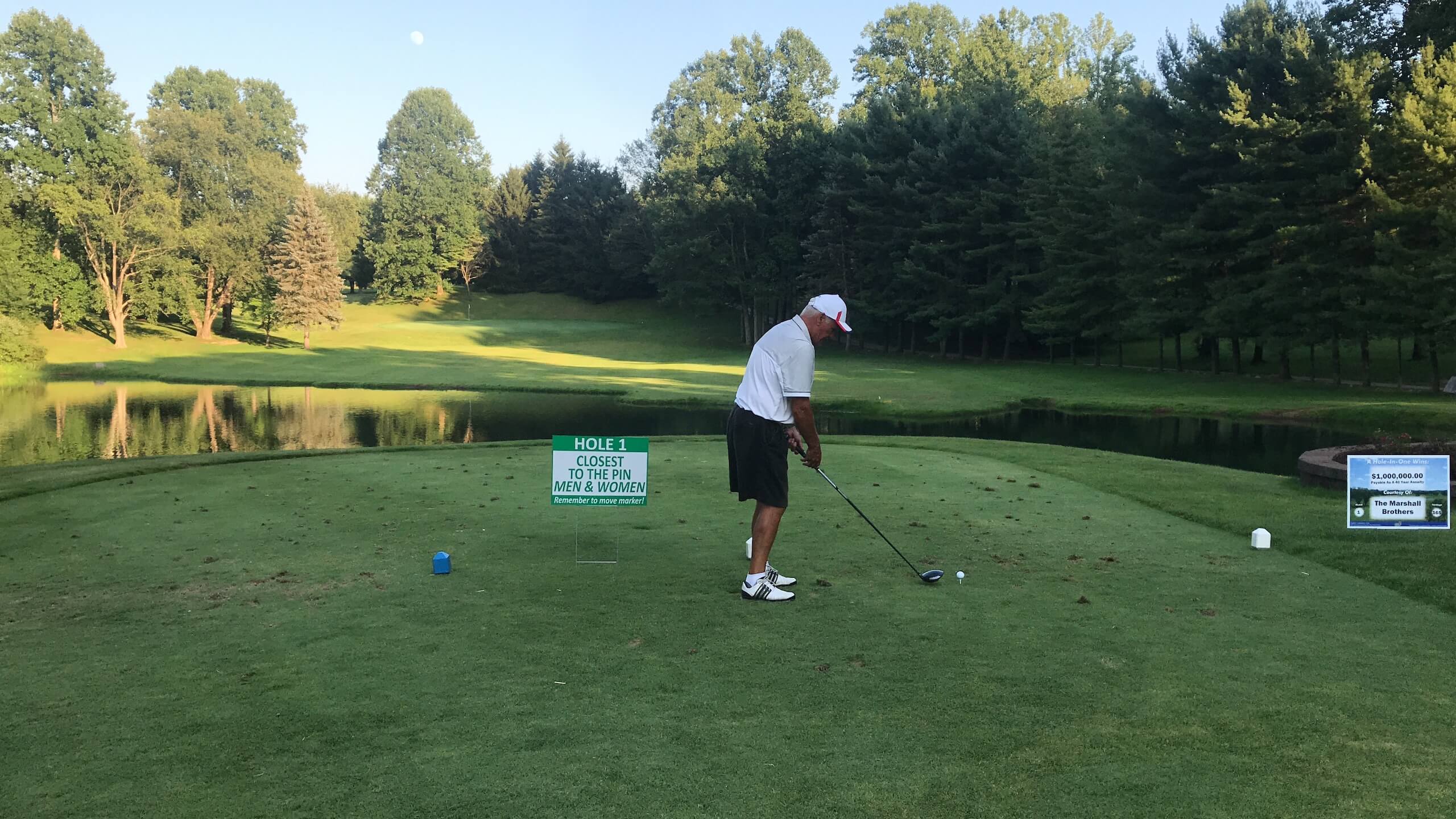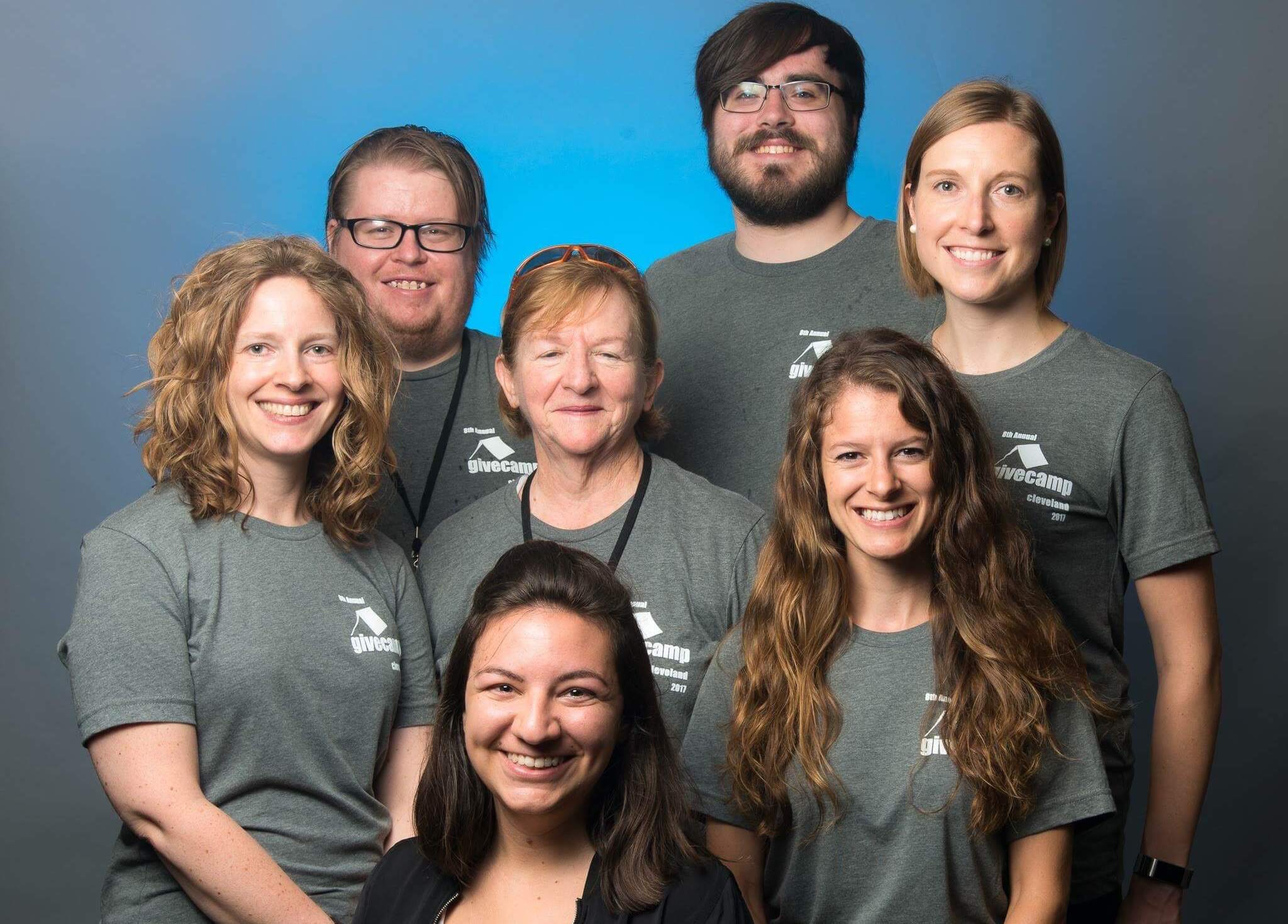Introduction
Despite massive development over the last several decades, Africa – and sub-Saharan Africa in particular – continues to suffer from severe poverty, high unemployment, and low levels of education. Unfortunately, not enough is being done to solve this crisis. In this guide, we’ll take an in-depth look at the state of education in rural Africa and examine what you can do to make an impact on the lives of thousands of African children. Specifically, we’ll talk about our ongoing efforts in Kenya, where construction on our Awasi School for disadvantaged children is currently underway. We encourage you to keep reading to find out how you can do your part to help thousands of Kenyan children today!
With this in mind, let’s jump in!
By the Numbers
Recent statistics paint a rather stark picture of the state of education in Africa, particularly in sub-Saharan nations such as Uganda, Mozambique, and Kenya. In this section, we’ll take a look at some of these numbers and examine what it means for African children moving forward.
%
Reading Proficiency
The number of late primary school students in sub-Saharan Africa who are proficient in reading rests at a dangerously-low 7%. This number represents the lowest such percentage in the world, well behind rates that exist in Europe and in North America, where children of the same demographic boast a reading proficiency of well over eighty percent. This emphasizes a stark problem that exists across rural Africa: many students lack even the basic ability of reading, which places their future educational aspirations in jeopardy. As more and more jobs become specialized and require a higher number of skills, the workforce looks to become more polarizing and discriminating against these children, who likely will not have the educational background to find an adequate place in the workforce upon graduation.
To make matters worse, these same children report only a 14% proficiency in understanding mathematics. This, as well, represents the lowest such score in the world, far behind developing nations (and even some nations in more developed parts of Africa). According to a report from the OECD, if education in sub-Saharan African countries like Tunisia does not witness some type of major improvement, it will approximately 180 years for these nations to catch up to the rest of the world in terms of basic mathematical proficiency. Without drastic change, these numbers look to hamper African development and hinder the growth opportunities of African children for generations to come.
Excluded Females
Recent statistics show that approximately nine million girls between the ages of six and eleven in rural Africa will be forever excluded from the educational system. This is in contrast to six million boys who face the same dire situation. This means that poor educational policies and infrastructure in sub-Saharan Africa disproportionately affects girls and young women, contributing to continued opportunity gaps between the genders.
This number becomes even more important in light of recent research that reveals that maternal mortality rates could fall by an astonishing 70% if every girl in sub-Saharan Africa completed a minimum of primary education. In order for this to be accomplished, however, it will require the introduction of millions of girls into schools, which in itself will require extensive resources and outside help.
Bricks
In order to build a classroom in Africa, it takes approximately 6,354 bricks. With more durable and extensive infrastructure, millions of children across Africa will gain access to quality education for the first time. This means the ability to go to school no matter the weather and represents a much-needed foundation on which African education can rest for years to come.
What’s Driving the Problem?
With all this being said, what exactly is it that’s driving the extreme state of poor education in Africa? As one might expect, it’s a question without a direct or simple answer. The truth of the matter is that there are a number of drivers that contribute to the perpetually low status of African education, many of them dependent on one another. In this section, we’ll go over some of the documented reasons behind the African education crisis so that we can better understand the problem and potential solutions to it.
- Few Teachers
Reports indicate shocking numbers for teacher absenteeism throughout rural Africa. In countries such as Uganda and Mozambique, studies have found that on any given day, teacher absenteeism approaches sixty percent, often leaving more than half the students at schools across the continent without reliable instructors or instruction. This, in itself, is propelled by low salaries that force teachers to find other work in order to support themselves and their families. What’s more, because many schools lack basic infrastructure and resources, teachers across Africa are often asked to take on administration or other duties that are not inherent in their job description. Such dire conditions often push teachers out of the profession or at least into competing jobs, which may take economic precedence over teaching.
This means that, despite a majority of African children attending primary schools, the quality of education received cannot even be considered substandard. Instead, schools lack the institutional structure, authority, and resources to provide children with even basic education. This highlights the need for foreign investment and aid into African education so that rural children are given a fair shot at competing in the workforce and raising their standard of living.
- Malnourishment
Humanitarian aid and slowly growing infrastructure have contributed to a decline in absolute poverty and starvation across Africa. With that being said, however, not enough has been done to tackle the issue of malnourishment, a condition document to contribute to up to one-third of child deaths in sub-Saharan Africa. Unfortunately, thousands of children throughout Africa are not able to receive the education they deserve as a result of continuous poverty and malnourishment.
This is a fact made even worse due to the lack of resources at countless schools across the continent. Without lunches and other foods made readily available, many students are not obtaining the nutrients they need to stay healthy and focused on their learning. This reduces their ability and their desire to learn and forces several children out of education by the time they reach working age.
In fact, recent research shows that over one-fifth of primary school aged children from six to eleven years old do not attend school. This number climbs to one-third of all children between the ages of twelve and fourteen and skyrockets to an overwhelming sixty percent of students between the ages of fifteen and seventeen. Lacking proper nourishment and institutional care, these students are forced out of the school system and into the low-skilled labor force, where, unfortunately, the cycle begins again for many students.
- Lack of Resources
Much of this is a result of a lack of resources. Currently, the school-age population across Africa is growing at a rapid rate. This is due to a high number of births that make the already over-burdened school system an even greater institutional problem. Without outside aid and assistance, it may be impossible for many rural Africans to catch up and to obtain even basic functional education. For this reason, it’s important that individuals and organizations alike volunteer their time, effort, money, and resources to help prevent the worsening of this crisis and to turn the tide in favor of the millions of African children across the continent who may never get their fair chance without aid.
How You Can Help
In light of this information, it’s time to find out what you can do to help. With Linc (Love in Neglected Communities) Worldwide, it’s never been easier to give children in Africa a fair shot at life. Over the last decade, Linc Worldwide has worked with a variety of individuals and organizations to raise the quality of education and the standard of living for children across rural Africa. Through these efforts, we’ve made an impact on the lives of thousands of children – and we can do even more with your help.
Take a look below to find out more about how you can help these children through Linc Worldwide:
- Volunteer
We are always looking for volunteers who can help us on the field. Our volunteers work in a variety of capacities to give disadvantaged African children the care and love that they deserve. Whether you’re looking to work on home soil with our marketing or donors relations department or would like to travel to Africa firsthand to help make an impact, we have an opportunity for you!
We currently offer volunteer opportunities to Kenya, where we are working on the construction of the Awasi School. The school is designed to be a safe and educational haven for disadvantaged and orphaned students in the area. As there are currently 2.6 million orphaned Kenyans (only 11% of whom receive any type of education), we encourage you to volunteer to help us with this ground-breaking project that looks to change the lives of thousands of children for years to come.
- Donate
If you can’t get out on the field yourself, we certainly understand. That’s why we offer an array of donation options for people just like you. We encourage you to donate to Phase One of our Awasi School project. Remember that any amount helps! With your money, we’ll buy bricks and other necessary resources to make the school possible.
We’ll also work on obtaining clean water for our future students and on solving the water crisis for the nearby city. By donating to the cause, you will be helping countless individuals have access to clean, drinkable water for the first time! This, in turn, will decrease malnourishment rates and help in aiding the sick and poor. As such, we encourage you to make any donation that you can.
- Fundraise
Take things a step further by starting a fundraiser in our name. We’d love to have the support of not just you but your whole community. With your help, we’ll be able to build a durable, long-lasting school for thousands of children – and that’s just the start. With more resources, we’ll be able to expand operations so that we can help more children and more communities take control of their lives. By starting a fundraiser, you will be making a difference in the lives of thousands of children who might otherwise have no recourse. With this in mind, we encourage you to get out the word so that we can accomplish our efforts in record time and give disadvantaged children the resources they need to make it in life.
Our Mission
Ever since our founding in 2012, Linc Worldwide has committed ourselves to the growth and development of education in rural Africa. We believe that education, clean water, and basic resources are the foundations of a strong community and a brighter future. Linc Worldwide founders Amanda and Erin Clark have dedicated much of the last decade to humanitarian work in Kenya, where many of sub-Saharan Africa’s problems come to a boiling point.
In Kenya alone, millions of disadvantaged and orphaned children are left out of the schooling system. This creates a large divide between rural and urban Kenyans and contributes to a polarizing workforce. We strive to create a level playing field for all Kenyans and to do our part to wipe out the extreme poverty and poor education that affect millions of Kenyan children. Our outreach efforts have connected us with various worldwide organizations and individuals who have come together to help us start our Awasi School project. With your help, we seek to finish this project so that disadvantaged children in the area have their first proper school.
The Bottom Line
Thousands of African children need our help.
Through Linc Worldwide, you have access to a safe, reliable channel through which you can provide monetary and physical support to countless African children in Kenya. By donating to our Awasi School Campaign or volunteering to work on the ground, you’ll be able to leave your mark in human history. Be part of the movement that seeks to lift millions of children out of poverty by giving them the educational tools and resources they need to live in our current age.
You can make a difference. Knowing that, why wouldn’t you want to? Contact Linc Worldwide or visit our website today to find out more about what you can do for the thousands of Kenyan children who are counting on you.









